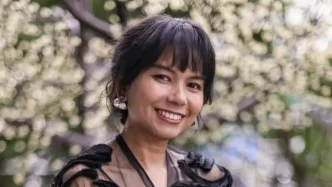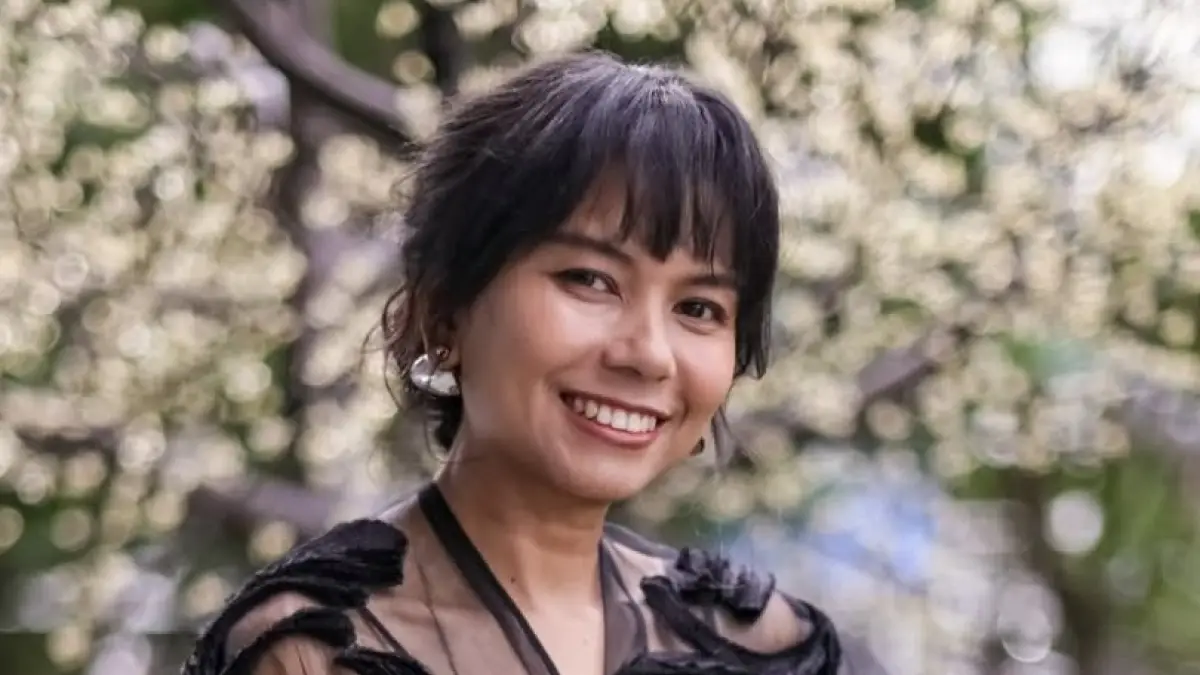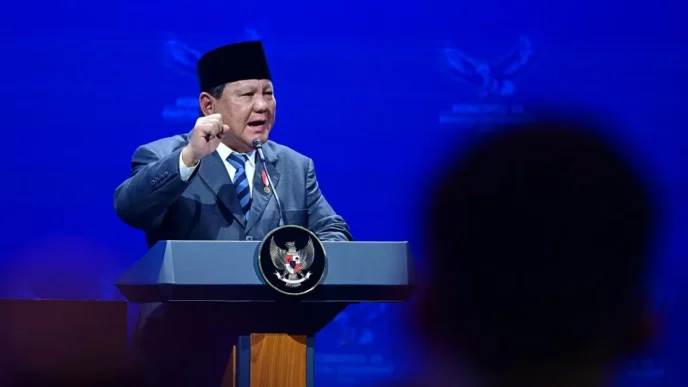In a landmark moment for Indonesian cinema, filmmaker Kamila Andini has been inducted as a member of the United States Academy of Motion Picture Arts and Sciences (AMPAS), granting her the prestigious right to vote for films competing at the Academy Awards, popularly known as the Oscars. This recognition not only marks a personal triumph for Andini but also signals a growing global appreciation for Southeast Asian storytelling.
A Rising Star in Global Cinema
Kamila Andini, a celebrated director and screenwriter from Jakarta, has long been a prominent figure in Indonesia’s film industry. Born on May 6, 1986, as the daughter of legendary Indonesian director Garin Nugroho, Andini carved her own path with a unique cinematic voice. Her academic background in sociology and media arts from Deakin University in Melbourne, Australia, has deeply influenced her work, which often explores themes of social justice, gender equality, cultural identity, and environmental concerns.
Andini’s filmography includes critically acclaimed works such as The Mirror Never Lies, The Seen and Unseen, Yuni, and Before, Now & Then. Her talent has been recognized with multiple Best Director nominations at the Indonesian Film Festival between 2011 and 2022, alongside a Citra Award for Best Original Screenplay in 2011 for The Mirror Never Lies. More recently, her Netflix series Gadis Kretek (Cigarette Girl) earned her the Visionary Director Award at the 2024 Busan International Film Festival, further cementing her status as a visionary storyteller.
On Instagram, Andini (@kamilaandini) shared her excitement about joining AMPAS, posting the Academy’s official announcement which welcomed 534 new members this year, including international talents like singer Ariana Grande and actors Jason Momoa and Kieran Culkin. Her inclusion in this esteemed group underscores the increasing diversity within the Academy and its recognition of voices from underrepresented regions.
A Milestone for Indonesian and Southeast Asian Cinema
The significance of Andini’s membership extends beyond personal achievement. As she stated in a press release from Forka Films, the production house led by her husband, director and producer Ifa Isfansyah, “Being part of the Academy is not just a personal achievement, but also an important step in bringing our stories as Indonesian women to the global stage”. This sentiment reflects her commitment to amplifying marginalized voices, particularly those of women, indigenous communities, and younger generations, through her filmmaking.
Ifa Isfansyah echoed this perspective, describing Andini’s selection as a pivotal moment for Indonesian and Southeast Asian cinema. “We believe her involvement in the Oscars will bring a new perspective from Asia into the film landscape,” he said. He also highlighted her role as a key creative partner at Forka Films, noting that her work consistently bridges Indonesian cultural narratives with universal themes, delivered through a distinctive visual style and emotional depth.
AMPAS, an international honorary organization of film professionals, includes directors, actors, writers, producers, technicians, and artists. Andini’s induction into this body positions her to influence the global cinematic canon, offering a platform to advocate for stories that resonate with her cultural roots while appealing to an international audience.
Elevating Underrepresented Voices
Andini’s filmmaking has always been grounded in a deep understanding of Indonesia’s social fabric. Her stories often center on the experiences of women and indigenous groups, shedding light on issues that are rarely explored in mainstream cinema. This focus aligns with a broader movement within the Academy to embrace diverse perspectives, particularly from regions like Southeast Asia, which have historically been underrepresented in global film discourse.
Her recent project, Gadis Kretek, adapted for Netflix, exemplifies this approach. The series, which delves into Indonesia’s cultural history through the lens of the kretek (clove cigarette) industry, has garnered international acclaim for its nuanced storytelling and visual richness. Winning the Visionary Director Award at Busan in 2024, Andini demonstrated her ability to craft narratives that are both deeply local and universally relatable.
As a voting member of AMPAS, Andini now has the opportunity to champion films that might otherwise be overlooked by Western-centric award bodies. Her presence in the Academy could pave the way for greater recognition of Southeast Asian cinema, encouraging other filmmakers from the region to share their stories on a global stage.
The Broader Impact on Indonesian Cinema
Indonesia’s film industry has seen a resurgence in recent years, with directors like Andini leading the charge. The country’s cinematic output, once overshadowed by Hollywood and other dominant industries, is gaining traction through streaming platforms like Netflix, which have provided a global audience for local content. Andini’s work, alongside that of her contemporaries, showcases the richness of Indonesian culture, from its diverse ethnic communities to its complex historical narratives.
Her membership in AMPAS also highlights the growing interconnectedness of global cinema. As the Academy continues to diversify its membership—evidenced by the inclusion of artists from varied backgrounds in this year’s cohort—it becomes a more inclusive space for dialogue about the role of film in addressing universal human experiences. For Indonesia, this means an opportunity to contribute to that dialogue, bringing attention to issues such as gender inequality and environmental challenges that are central to Andini’s oeuvre.
Moreover, Andini’s success serves as an inspiration for aspiring filmmakers in Indonesia and across Southeast Asia. Her journey—from earning a degree in Australia to directing award-winning films—demonstrates that talent and perseverance can break through cultural and geographical barriers. It also underscores the importance of education and exposure to diverse perspectives in shaping a filmmaker’s vision, a lesson that could encourage more young Indonesians to pursue careers in the arts.
Looking Ahead
As Kamila Andini prepares to cast her votes for the Oscars, the film world watches with anticipation. Her influence within AMPAS could herald a new era for Southeast Asian representation in global cinema, amplifying stories that reflect the region’s unique challenges and triumphs. Whether through advocating for fellow filmmakers or continuing to produce groundbreaking work, Andini’s role in the Academy is poised to leave a lasting impact.
For now, her achievement stands as a testament to the power of storytelling to transcend borders. Indonesian cinema, through voices like hers, is not just finding its place on the world stage—it is reshaping the very narrative of what global film can be.
















